Publicity is considered one of the fixed principles
In recent years, our Party and State have always paid attention to judicial reform, considering this a central task to build and perfect the socialist rule of law state of the people, by the people, for the people.
Recently, Resolution No. 27-NQ/TW, dated November 9, 2022 "On continuing to build and perfect the Socialist Rule of Law State of Vietnam in the new period" was issued to create a stronger change in building and perfecting the Socialist Rule of Law State of Vietnam.
The content of the Resolution also clearly states the need to: have a mechanism to ensure the implementation of the people's right to participate in discussions and recommendations to state agencies on issues of the grassroots, locality and the whole country; be open and transparent in receiving, processing, resolving, and responding to people's opinions, recommendations, reflections, complaints and denunciations.
Therefore, public trial is considered one of the fixed principles stated in many different legal documents in the Vietnamese legal system. Such as Clause 2, Article 31 of the 2013 Constitution, Article 25 of the revised Criminal Procedure Code, Article 15 of the 2015 Civil Procedure Code, Article 16 of the 2015 Administrative Procedure Law, etc.
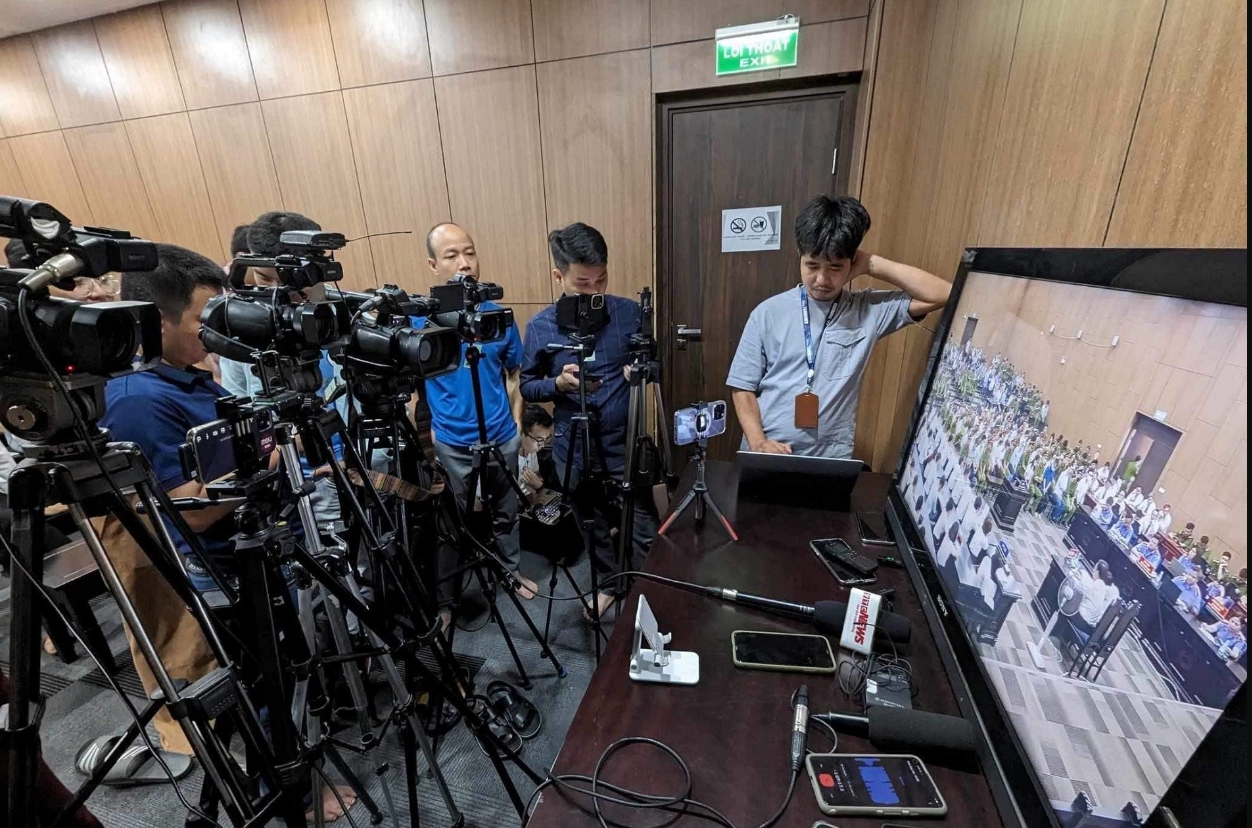
Reporters working in the press room, reporting on the trial. Photo: CTV
The principle of public trial in litigation activities and ensuring the right of all citizens to attend court sessions will contribute to propaganda, dissemination, education, raising understanding and awareness of law compliance and ensuring the people's supreme right to supervise the trial activities of the Court.
According to these regulations, trials in all areas from administrative, civil to criminal must operate based on the principle of timely, fair and public trials for the people. Except for some special cases related to the need to keep state secrets, national traditions and customs, protect minors or keep professional secrets, business secrets, personal secrets at the legitimate request of the litigant, the court can hold closed trials.
In fact, the current comments on the draft Law on Organization of People's Courts (amended) are also carried out in this direction, such as: Clause 3, Article 5 of the draft law also stipulates "Enforce judicial power promptly, fairly, publicly, impartially, and objectively; or Article 8 also stipulates "The court shall enforce judicial power promptly within the time limit prescribed by law, ensuring fairness, publicly, impartially, and objectively"...
It is known that regarding the request for opinions on amending and supplementing Clause 3, Article 141 of the draft Law, it is stipulated that: Recording the speech and images of the Panel of Judges, Judges, and other litigants can only be done during the opening of a trial or meeting with the consent of the presiding judge of the trial or meeting...
Currently, the National Assembly Standing Committee has requested to study and review this content, ensuring feasibility and creating favorable conditions for agencies to perform their functions and tasks.
The principle of public trial is a constitutional principle, widely applied.
Speaking to reporters of the Journalists and Public Opinion newspaper, Dr. Dang Van Cuong, Head of the Law Office of the Hanoi Bar Association, said, "Based on the provisions of the 2013 Constitution, the principle of the Court's timely, fair and public trial is stipulated as a general principle of procedural laws (criminal, civil, administrative) and the 2014 Law on the Organization of People's Courts. This principle is important in ensuring objectivity, fairness and protecting human rights in trial activities, requiring that trial activities must not only be correct, objective and fair but also timely, quick, ensuring publicity, creating opportunities for press agencies and people to exercise their right to supervise the trial activities of the court."
The 2015 Criminal Procedure Code clearly stipulates in the article that "everyone has the right to attend court, except in cases prescribed by this Code".
The principle of public trial is a basic principle recognized by international law and is commonly used in the world, recognized in many international legal documents such as: Article 14 of the International Covenant on Civil and Political Rights 1966; Article 6 of the European Convention on Human Rights 1950 and many conventions and treaties.
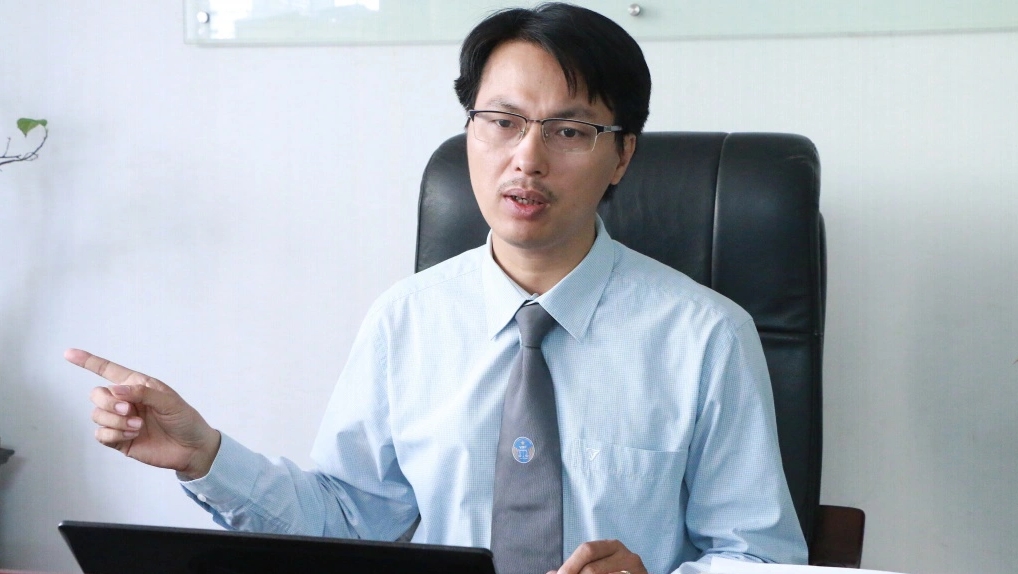
Lawyer Dang Van Cuong - Head of Chinh Phap Law Office (Hanoi Bar Association). Photo: NVCC
The principle of public trial is also reflected in the three current procedural laws of Vietnam as follows: Article 25 of the 2015 Criminal Procedure Code stipulates: The court conducts public trials, everyone has the right to attend the trial, except in cases prescribed by this Code. In special cases where it is necessary to keep State secrets, national traditions and customs, protect people under 18 years old or to keep private life secrets at the legitimate request of the parties, the court may conduct a closed trial but must pronounce the verdict publicly.
Clause 2, Article 15 of the 2015 Civil Procedure Code stipulates: The Court shall conduct trials in public. In special cases where it is necessary to keep State secrets, preserve national traditions and customs, protect minors, or keep professional secrets, business secrets, personal secrets, or family secrets of the litigants at their legitimate request, the Court may conduct trials in private.
Clause 2, Article 16 of the 2015 Law on Administrative Procedures stipulates: The Court shall conduct trials in public. In special cases where it is necessary to keep State secrets, national traditions and customs, protect minors, or keep professional secrets, business secrets, or personal secrets at the legitimate request of the litigant, the Court may conduct trials in private.
Thus, it can be seen that the principle of public trial is a constitutional principle commonly applied in all litigation activities in Vietnam and the court is the agency responsible for ensuring the implementation of this principle in practice.
If the press does not participate fully, the recording and reflection will not reflect the true nature of the problem.
According to lawyer Dang Van Cuong, when the trial is public, everyone present at the court can be recorded "if the presiding judge agrees". In case the presiding judge does not agree to allow people attending the trial to record, the reason must be clearly stated and there may be complaints about this behavior.
In fact, the proceedings of a trial go through the opening proceedings, the debates and the verdict. In case the press attends the trial to report, it is necessary to report the full proceedings of the trial, especially the proceedings in the trial (questioning and debate). If the press only reports the opening proceedings and the trial results, it will not reflect the nature of the case, whether the proceedings were correct or not, whether the trial results were fair...?
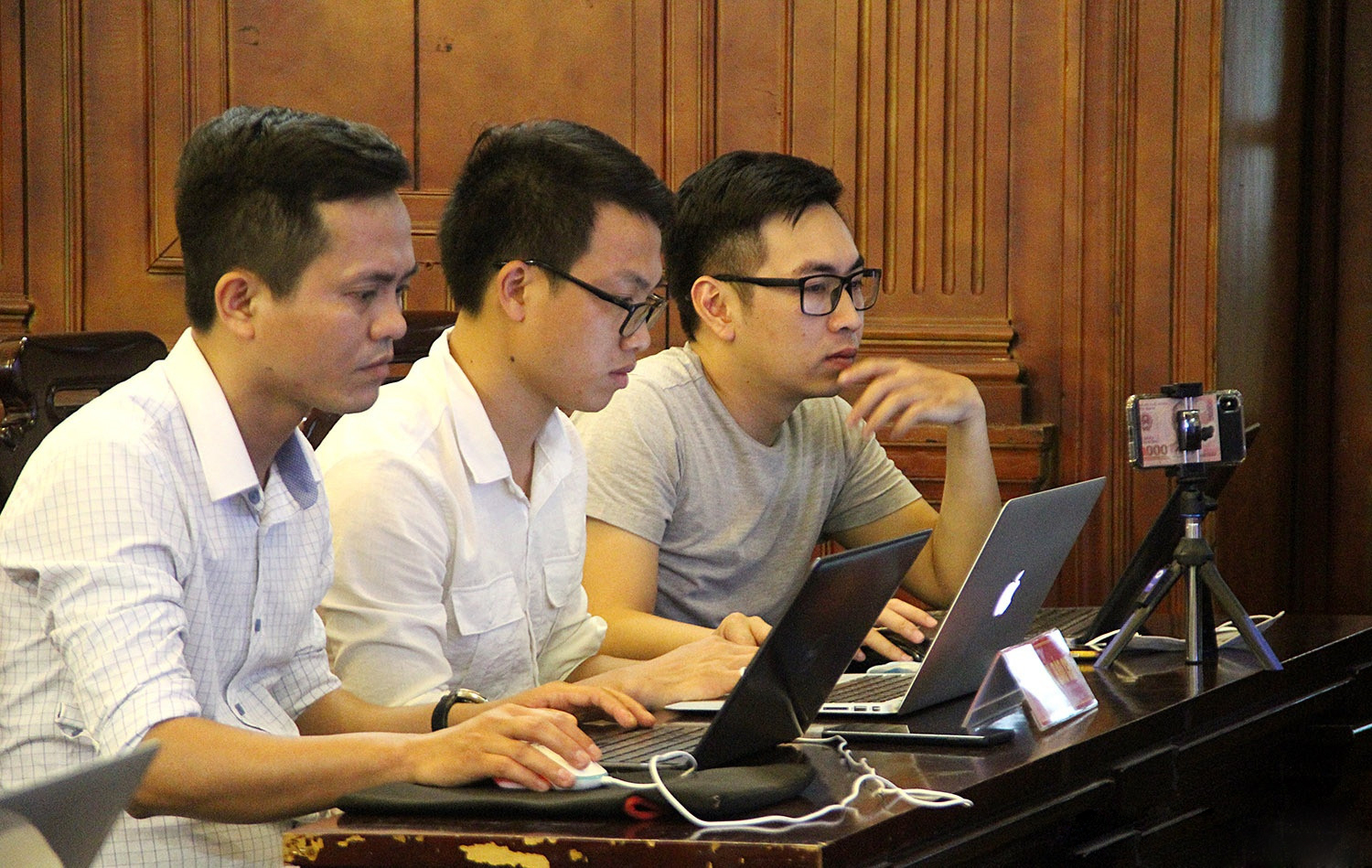
Reporters from press agencies report on a trial on a screen. Photo: Le Tam
Nowadays, most press agencies develop towards multimedia journalism, with media, television… If they do not record the proceedings of the trial, they cannot convey the content of the case to the audience in a truthful and accurate manner. This makes the people's supervision of the trial work not maximize its effectiveness.
According to lawyer Dang Van Cuong: “My personal opinion is that this content in the Draft Law on Organization of People's Courts (amended) conflicts with the basic principles in criminal proceedings, civil proceedings, administrative proceedings and does not ensure the principle of public trial. It narrows the working rights of reporters and journalists and may make the people's supervision of court trials ineffective. Therefore, it is necessary to amend in the direction that for public trials, everyone has the right to record audio and video, but not to obstruct the trial activities, and not to take advantage of such recording to infringe upon the interests of the State, the legitimate rights and interests of organizations and individuals”.
Meanwhile, Article 25 of the 2016 Press Law stipulates the rights and obligations of journalists to conduct journalistic activities at public trials. Accordingly, when working in court, reporters and journalists are arranged a separate area to work, and are allowed to directly contact the person conducting the proceedings and the participants in the proceedings to obtain information and conduct interviews in accordance with the provisions of law.
From the past practice, the press's reporting activities in economic corruption cases are very timely. This is thanks to the information and images of the trial proceedings being updated regularly, meeting the information needs of the people as well as providing documents for people's supervision of the court's trial activities.
The information, images and press coverage from the trial are also a form of popularizing legal education to raise citizens' awareness and sense of law observance. Major cases that have occurred in recent times have been reported by the press regularly, continuously and in detail, and are important materials for research and teaching about the law as well as raising people's awareness and understanding of litigation activities in Vietnam.
"When the proceedings of the trial are made public and known to many people, the position and prestige of the court will be enhanced, the educational significance of each court decision will be spread, bringing many positive values to the community and society," said lawyer Dang Van Cuong.
Source


![[Photo] Closing of the 4th Summit of the Partnership for Green Growth and the Global Goals](https://vstatic.vietnam.vn/vietnam/resource/IMAGE/2025/4/17/c0a0df9852c84e58be0a8b939189c85a)

![[Photo] Nhan Dan Newspaper announces the project "Love Vietnam so much"](https://vstatic.vietnam.vn/vietnam/resource/IMAGE/2025/4/17/362f882012d3432783fc92fab1b3e980)
![[Photo] National Assembly Chairman Tran Thanh Man meets with outstanding workers in the oil and gas industry](https://vstatic.vietnam.vn/vietnam/resource/IMAGE/2025/4/17/1d0de4026b75434ab34279624db7ee4a)
![[Photo] General Secretary To Lam receives French Ambassador to Vietnam Olivier Brochet](https://vstatic.vietnam.vn/vietnam/resource/IMAGE/2025/4/17/49224f0f12e84b66a73b17eb251f7278)
![[Photo] Promoting friendship, solidarity and cooperation between the armies and people of the two countries](https://vstatic.vietnam.vn/vietnam/resource/IMAGE/2025/4/17/0c4d087864f14092aed77252590b6bae)
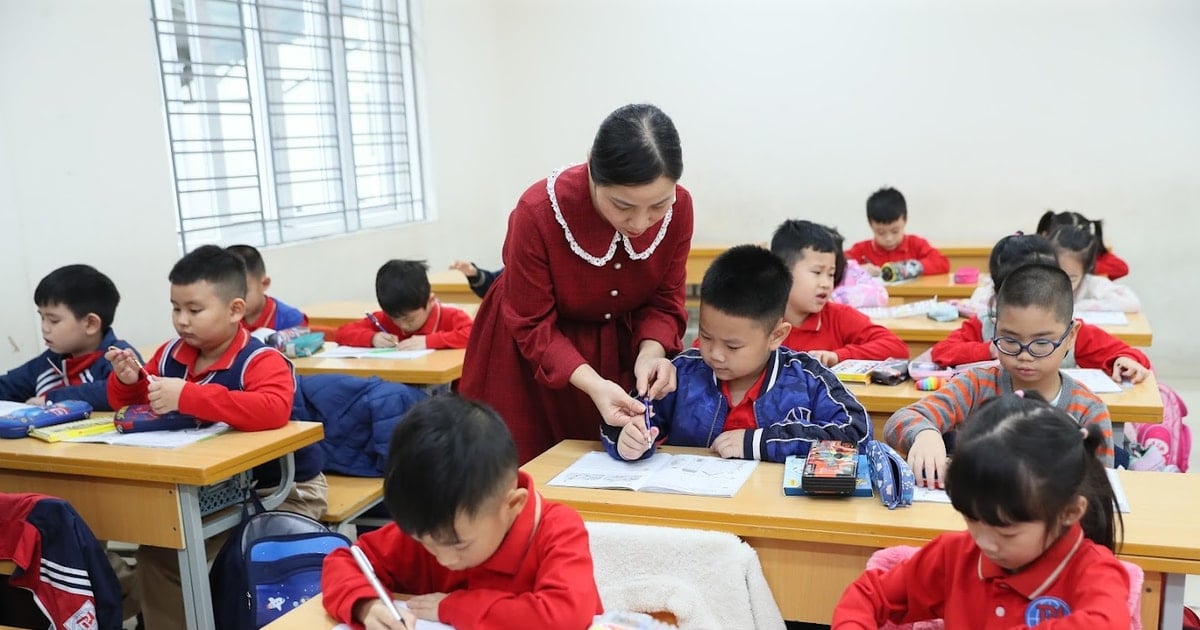

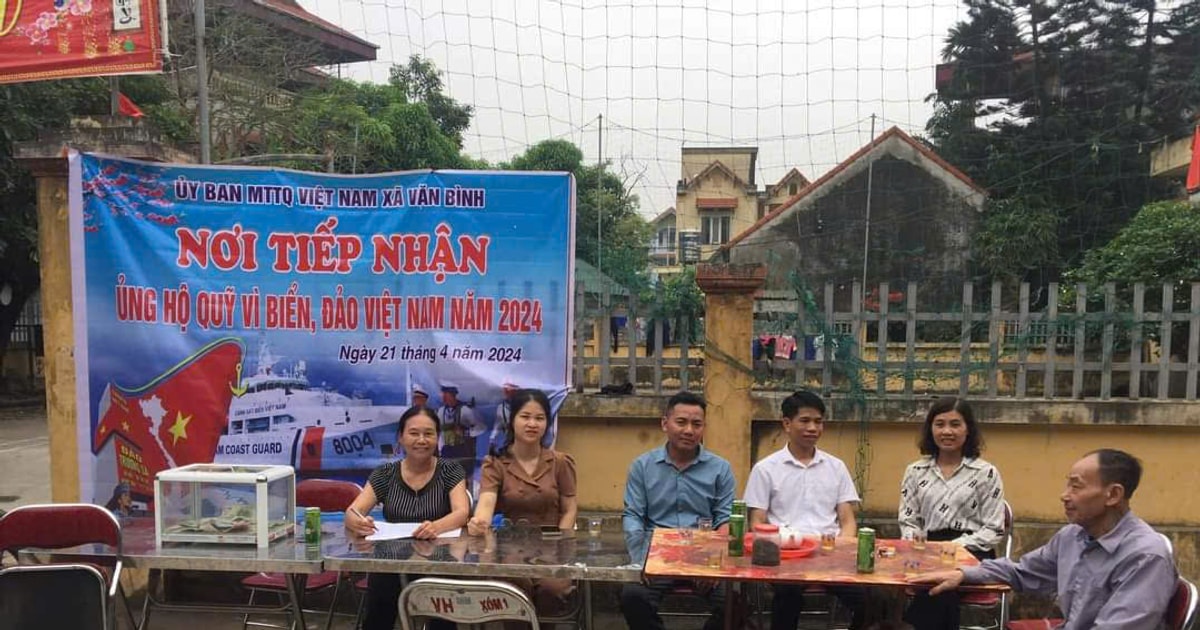
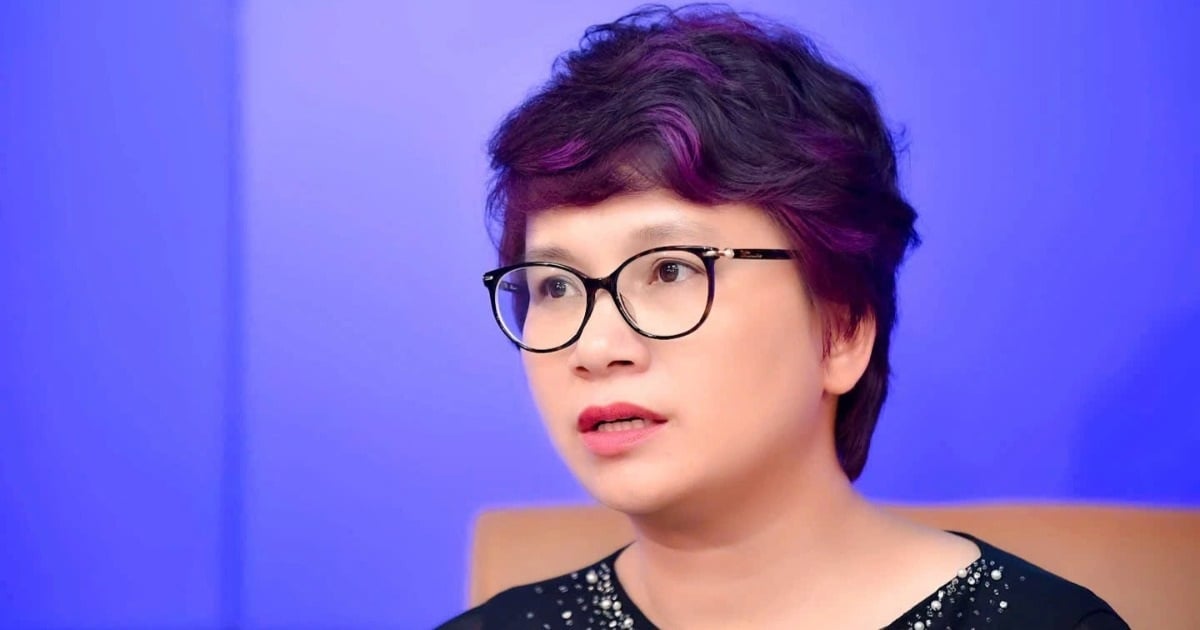

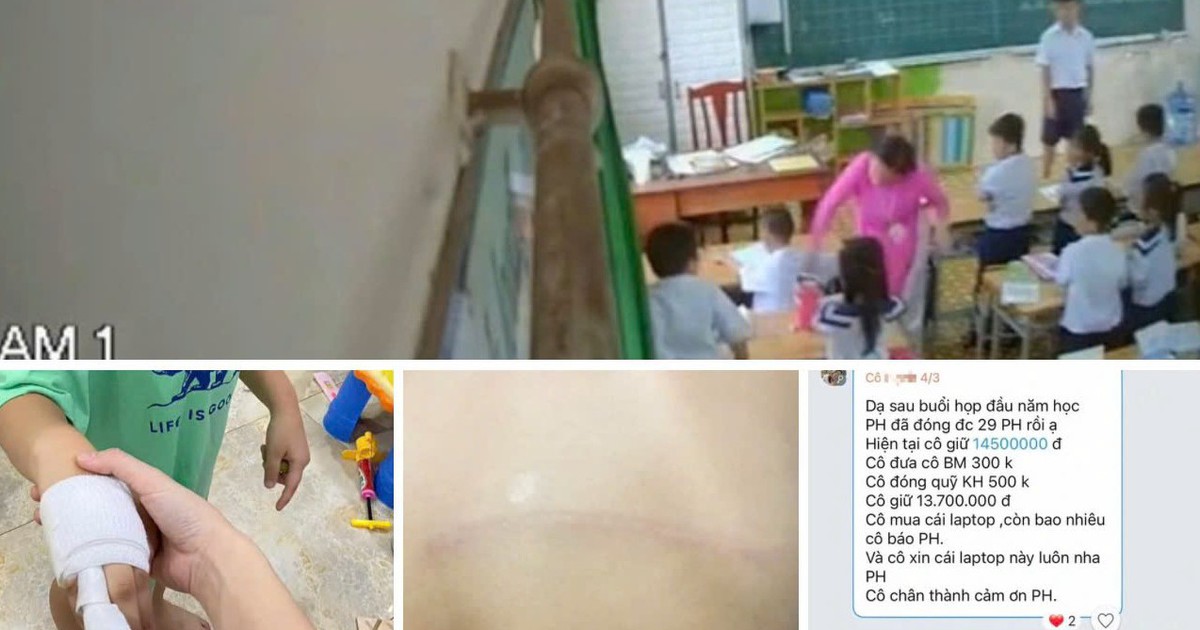

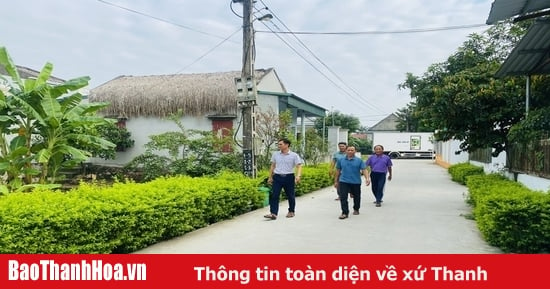

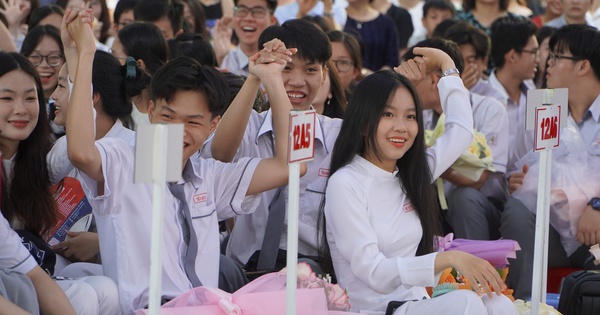

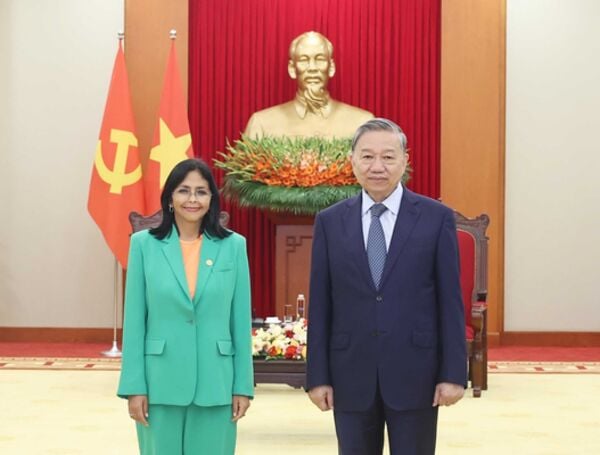
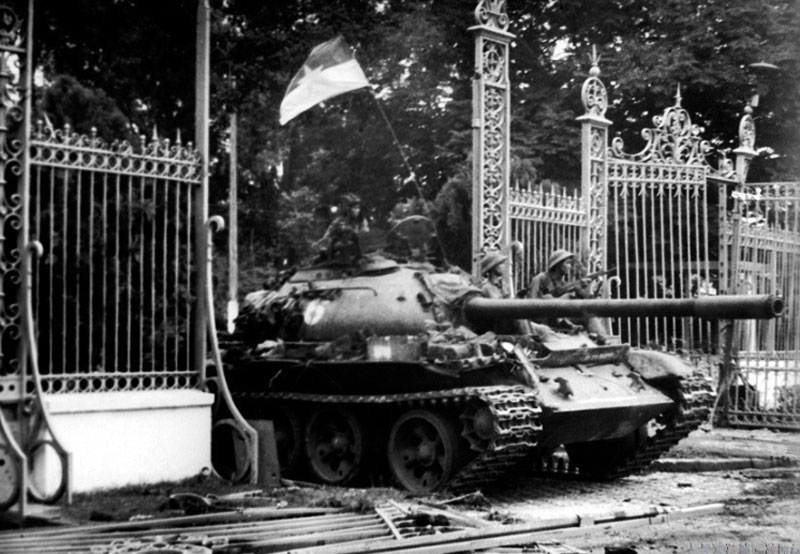
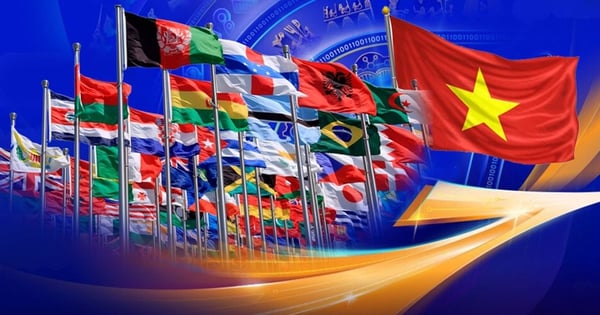
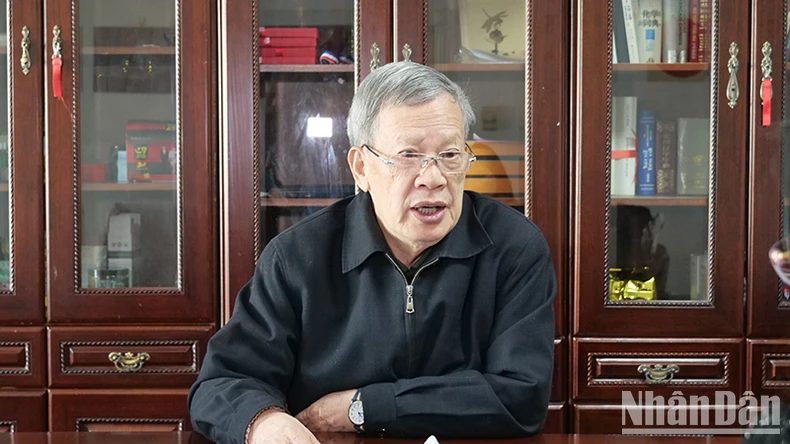
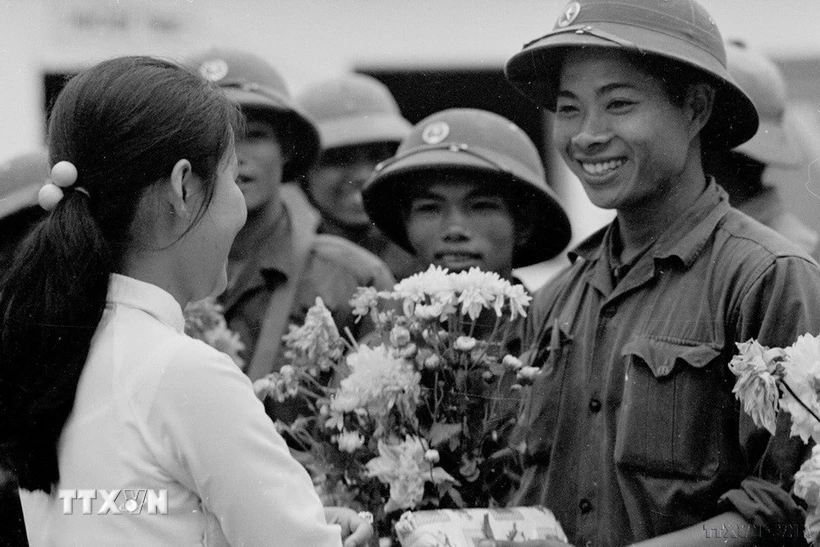
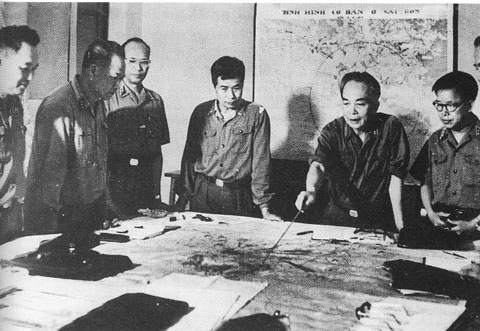










![[Photo] Welcoming ceremony for Chinese Defense Minister and delegation for friendship exchange](https://vstatic.vietnam.vn/vietnam/resource/IMAGE/2025/4/17/fadd533046594e5cacbb28de4c4d5655)



























![[Video] Viettel officially puts into operation the largest submarine optical cable line in Vietnam](https://vstatic.vietnam.vn/vietnam/resource/IMAGE/2025/4/17/f19008c6010c4a538cc422cb791ca0a1)

















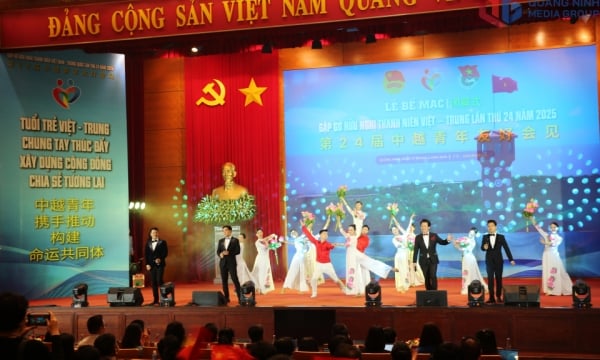
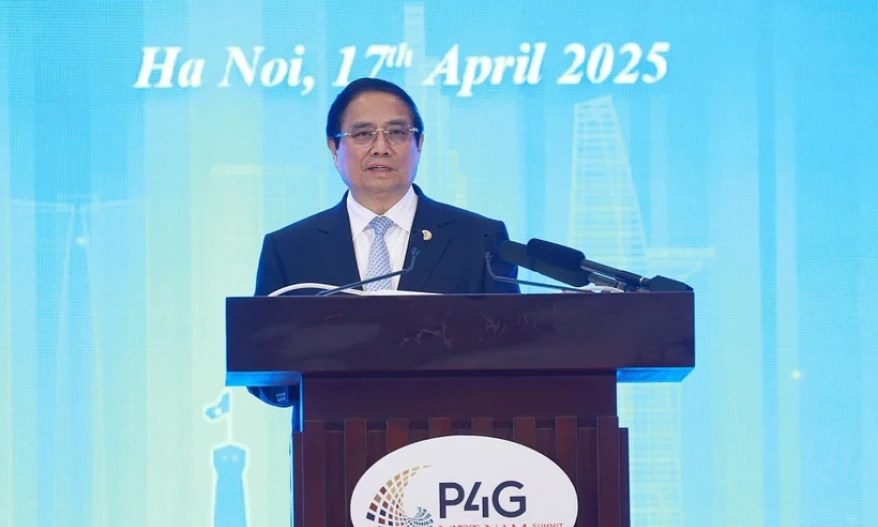


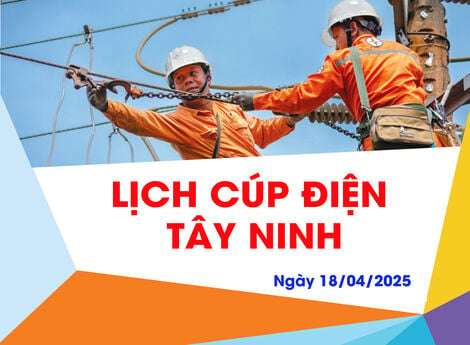


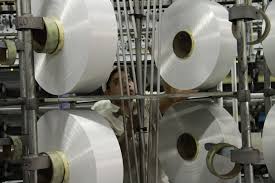












Comment (0)